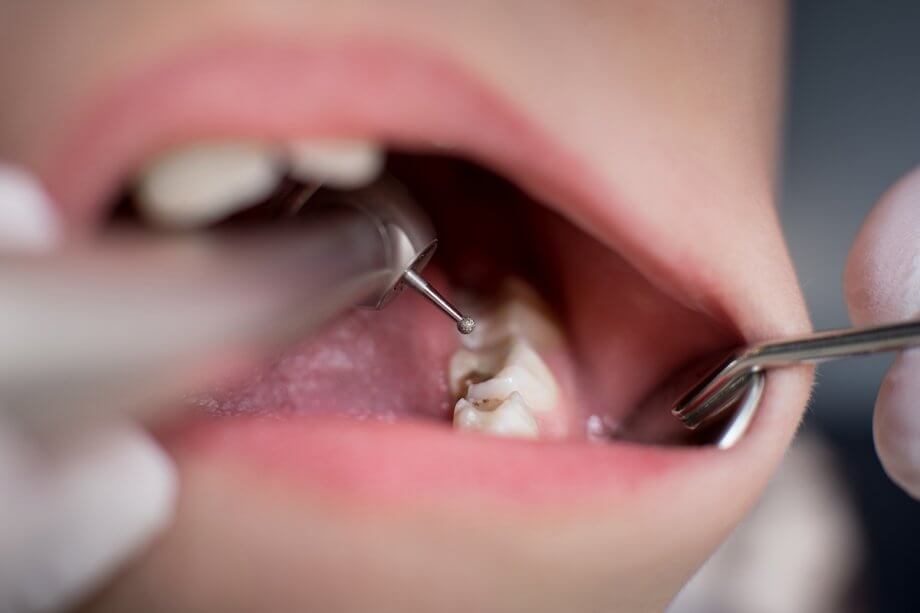Experiencing tooth sensitivity after receiving a dental filling is a common occurrence. Typically, this discomfort diminishes within a few days to a couple of weeks. However, if the sensitivity persists beyond this timeframe, it may indicate underlying issues that require attention.
Understanding Post-Filling Sensitivity
After a filling procedure, it's normal for a tooth to exhibit sensitivity to stimuli such as hot or cold foods and beverages, air exposure, or pressure from chewing. This sensitivity usually results from the dental work irritating the tooth's nerve. As the nerve heals, the discomfort should gradually subside. If the sensitivity continues for more than two to four weeks, it's advisable to consult your dentist to rule out any complications.
Potential Causes of Prolonged Sensitivity
Several factors can contribute to extended tooth sensitivity following a filling:
- High Filling Interfering with Bite: If a filling is positioned too high, it can affect your bite alignment, leading to discomfort when chewing. This condition, known as hyperocclusion, can be corrected by your dentist adjusting the filling's height to ensure a proper bite.
- Type of Filling Material: Certain materials, particularly composite resins, may cause sensitivity due to slight shrinkage after placement, creating small gaps beneath the filling. Usually not an issue for most modern materials but can arise in larger fillings. Discussing alternative materials or placement techniques with your dentist can help alleviate this issue.
- Pulpitis (Nerve Inflammation): Deep fillings close to the tooth's pulp can cause inflammation, leading to sensitivity. While mild cases often resolve on their own, severe inflammation might necessitate further treatment, such as a root canal.
- Allergic Reactions: Though rare, some individuals may experience allergic reactions to specific filling materials, resulting in prolonged discomfort. Informing your dentist about any known allergies can help prevent this complication.
Managing and Preventing Sensitivity
To minimize and manage tooth sensitivity after a filling:
- Use Desensitizing Toothpaste: Specialized toothpaste designed for sensitive teeth can help reduce discomfort over time. Sensodyne is the most recognized brand when it comes to treating sensitive teeth.
- Avoid Trigger Foods and Beverages: Limit consumption of extremely hot, cold, sugary, or acidic items that can exacerbate sensitivity.
- Maintain Good Oral Hygiene: Regular brushing and flossing with proper techniques can prevent further decay and promote overall dental health.
- Follow Post-Procedure Care Instructions: Adhering to your dentist's recommendations after the filling procedure can aid in a smoother recovery.
When to Seek Dental Attention
If sensitivity persists beyond two to four weeks, intensifies, or is accompanied by other symptoms such as sharp pain, swelling, or discomfort when biting, it's essential to contact your dentist promptly. Early intervention can address potential issues before they escalate, ensuring your continued oral health.
In summary, while some sensitivity after a dental filling is normal, prolonged or severe discomfort should not be ignored. Monitoring your symptoms and maintaining open communication with your dental care provider will help ensure any complications are addressed swiftly, allowing you to enjoy a healthy, pain-free smile.
Schedule Your Visit with JM Dental of Westbury Today
If you're experiencing discomfort after a dental filling or have concerns about your oral health, the caring team at JM Dental of Westbury is here to help. With state-of-the-art technology and a patient-first approach, we ensure every visit is comfortable and personalized. Don’t wait to get the relief and care you deserve—call us today at 516-334-3444 or request an appointment online. Your comfort is our priority!

